はじめて means “for the first time.” It can be used after a てform and that means “for the first time after ~” or “… not until ~.”
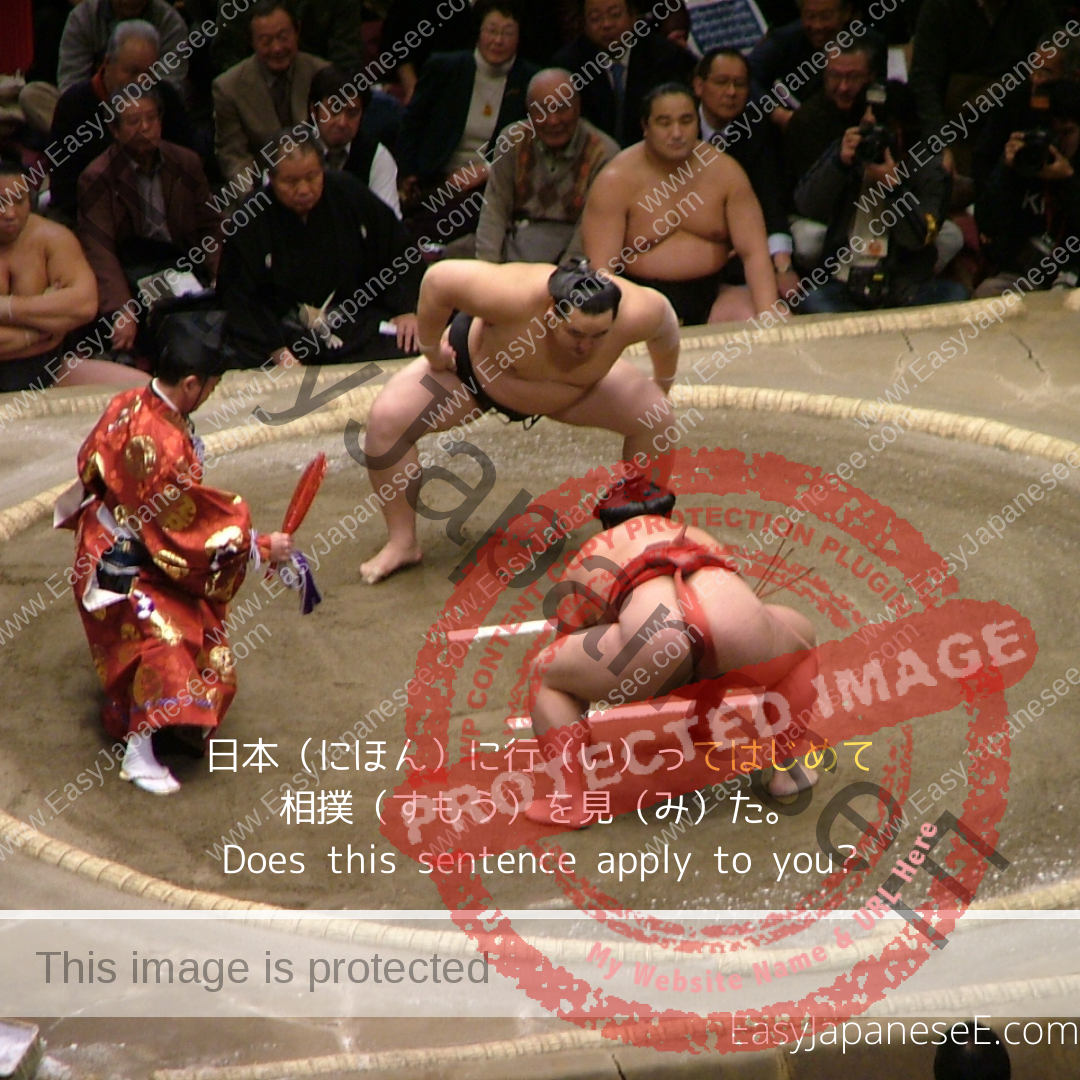

はじめて means “for the first time.” It can be used after a てform and that means “for the first time after ~” or “… not until ~.”
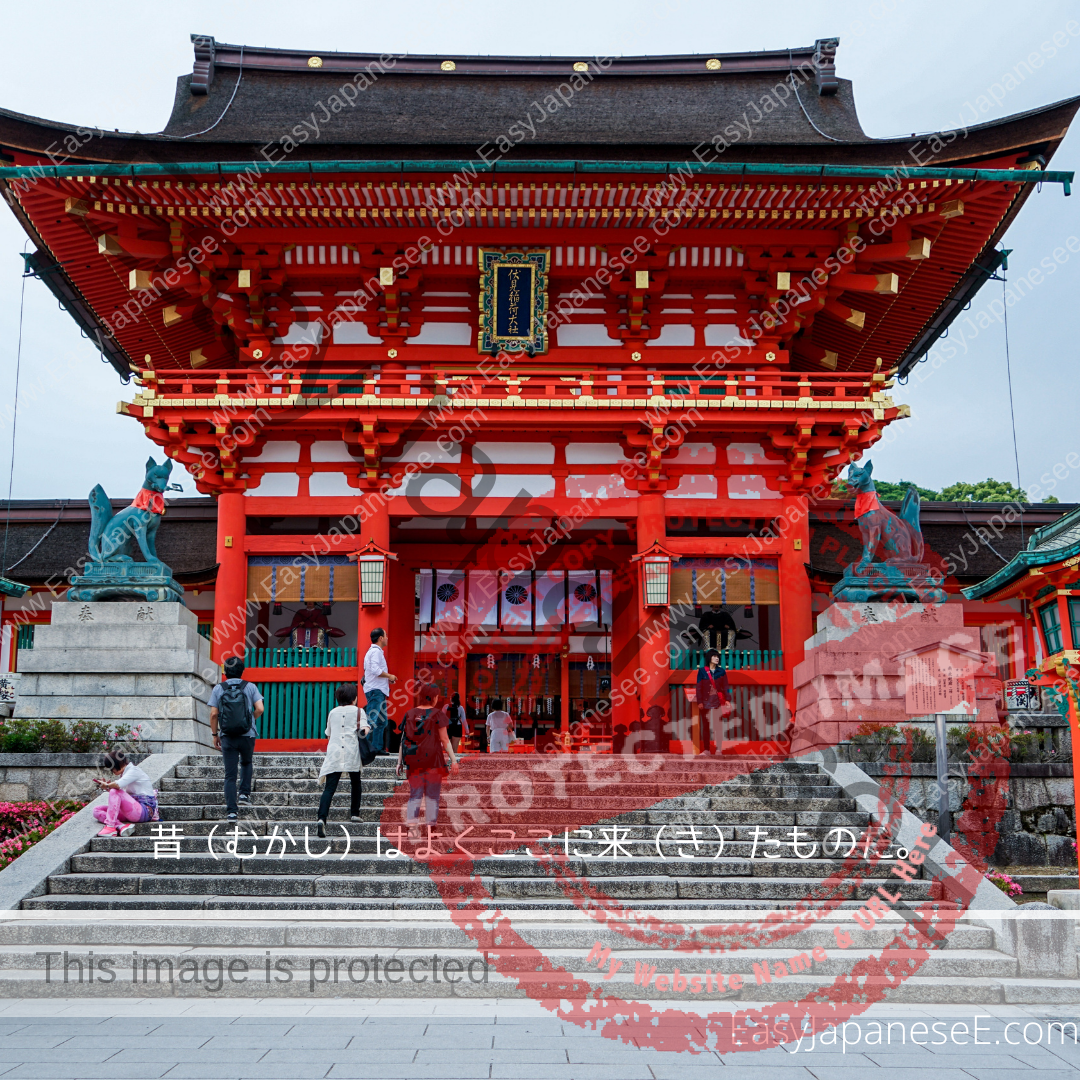
~たものだ is very similar to the English phrase “used to ~.” It is used for a custom and/or habit in the past which is no longer current.
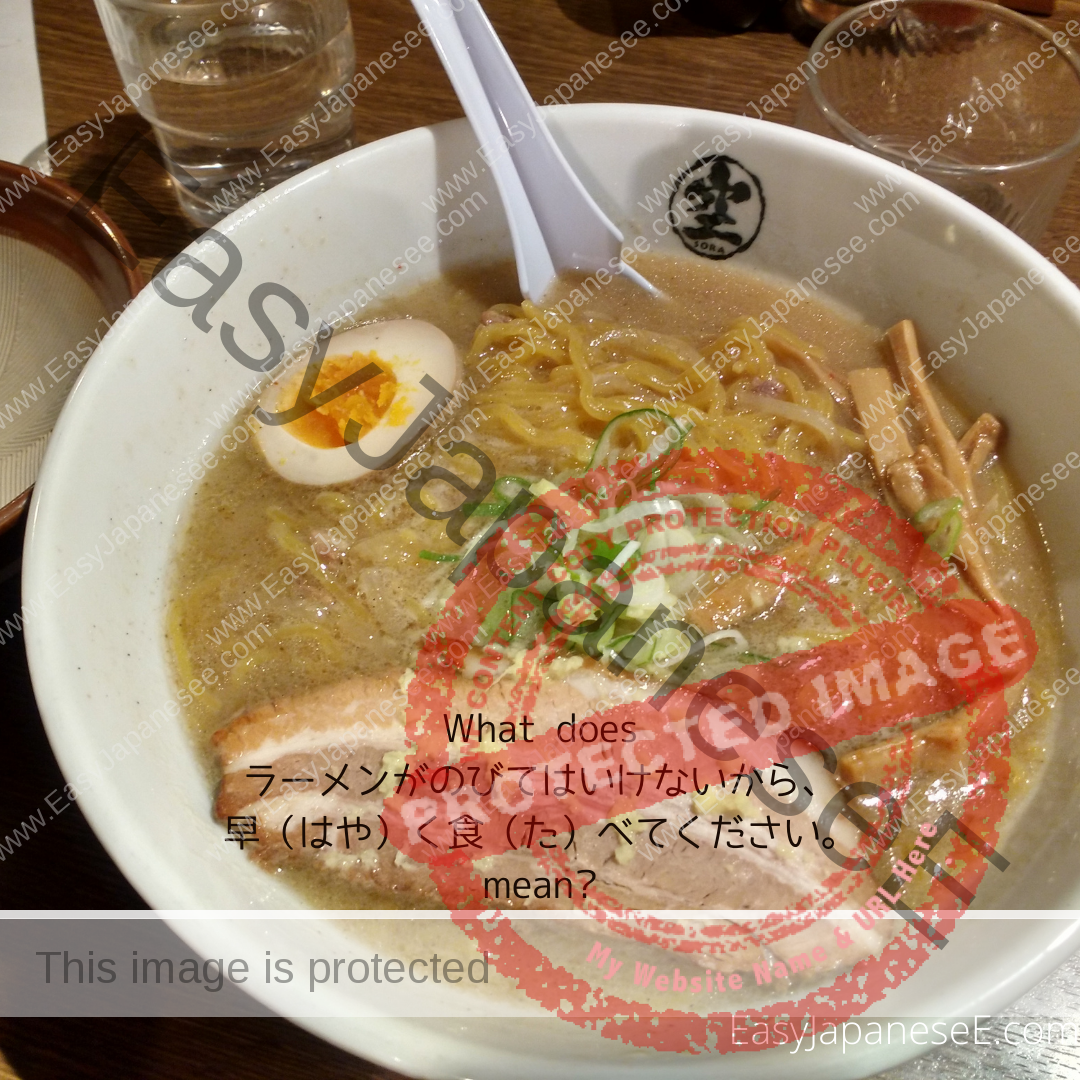
~てはいけないから… is a combination of two grammar points ~てはいけない (must not) and ~から (because) and it means “in order to avoid ~.”
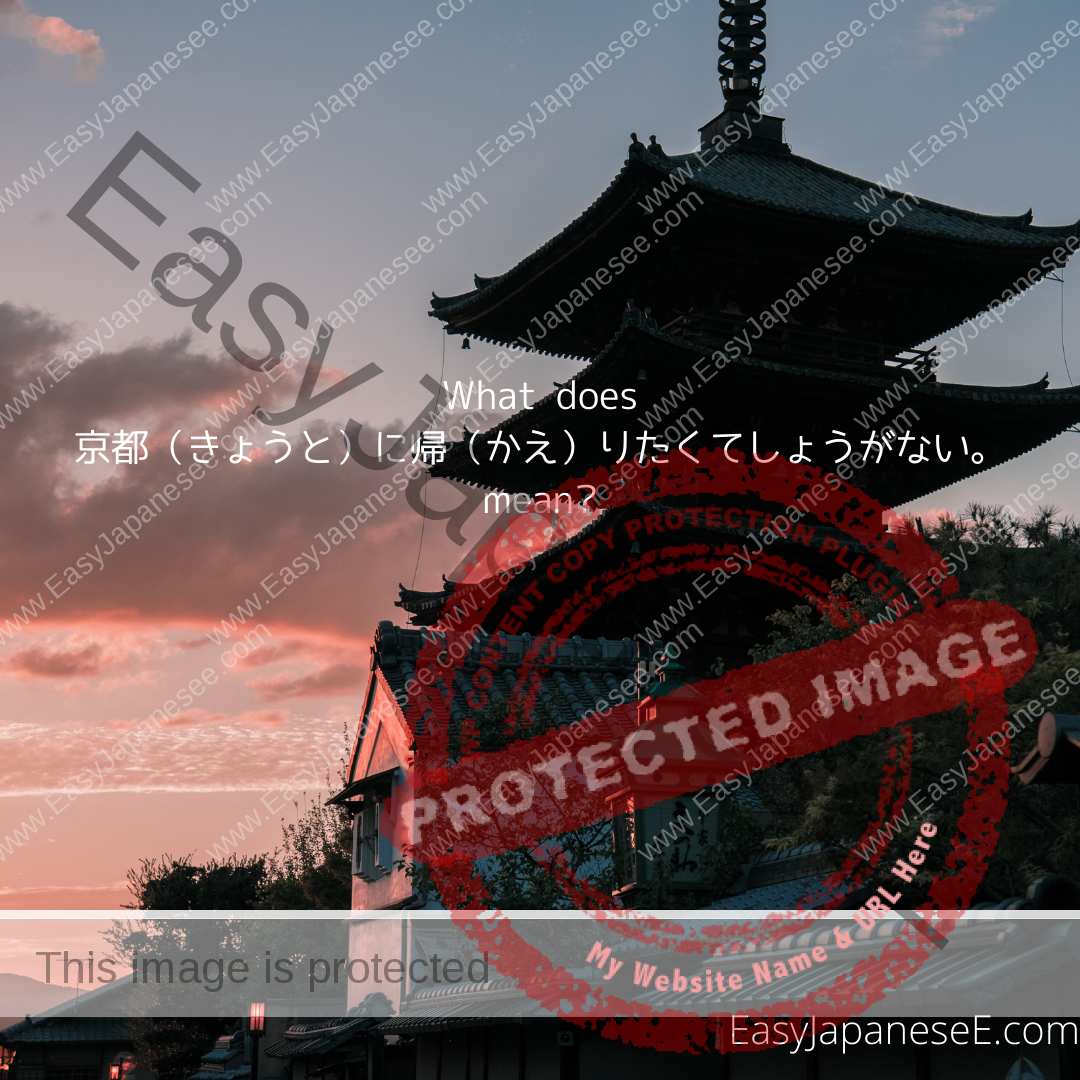
~てしょうがない is similar to ~てならない and is used when you have such a strong feeling or when a situation is so compelling that and cannot help but doing/feeling ~.
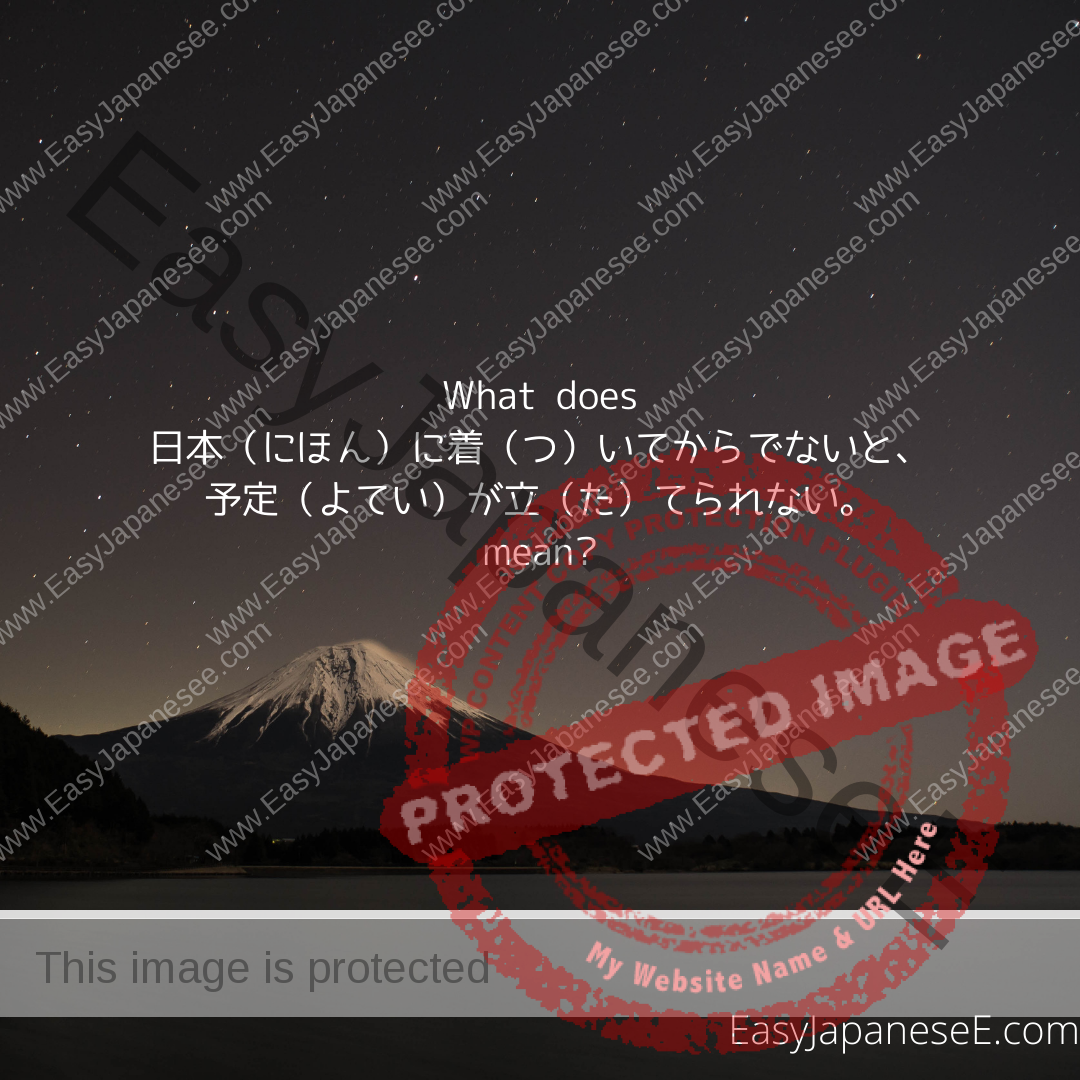
~てからでないと states an important condition that needs to be fulfilled before the action/condition stated in the second part of the sentence to occur.
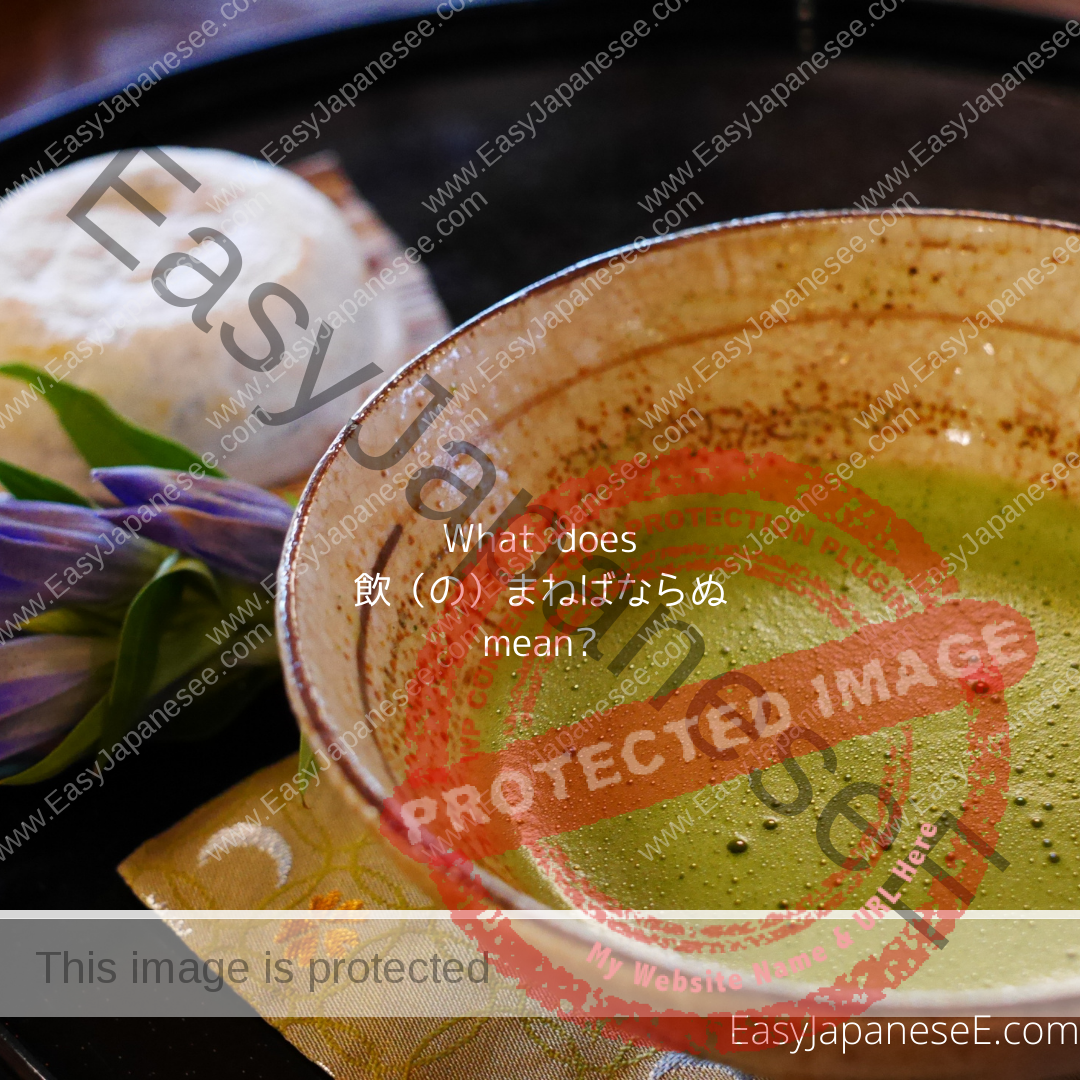
~ねばならぬ is an archaic way of saying ~なければならない/~なければいけない/~ないといけない/~なくちゃ/~なきゃ. It expresses an obligation (“must” or “have to”).
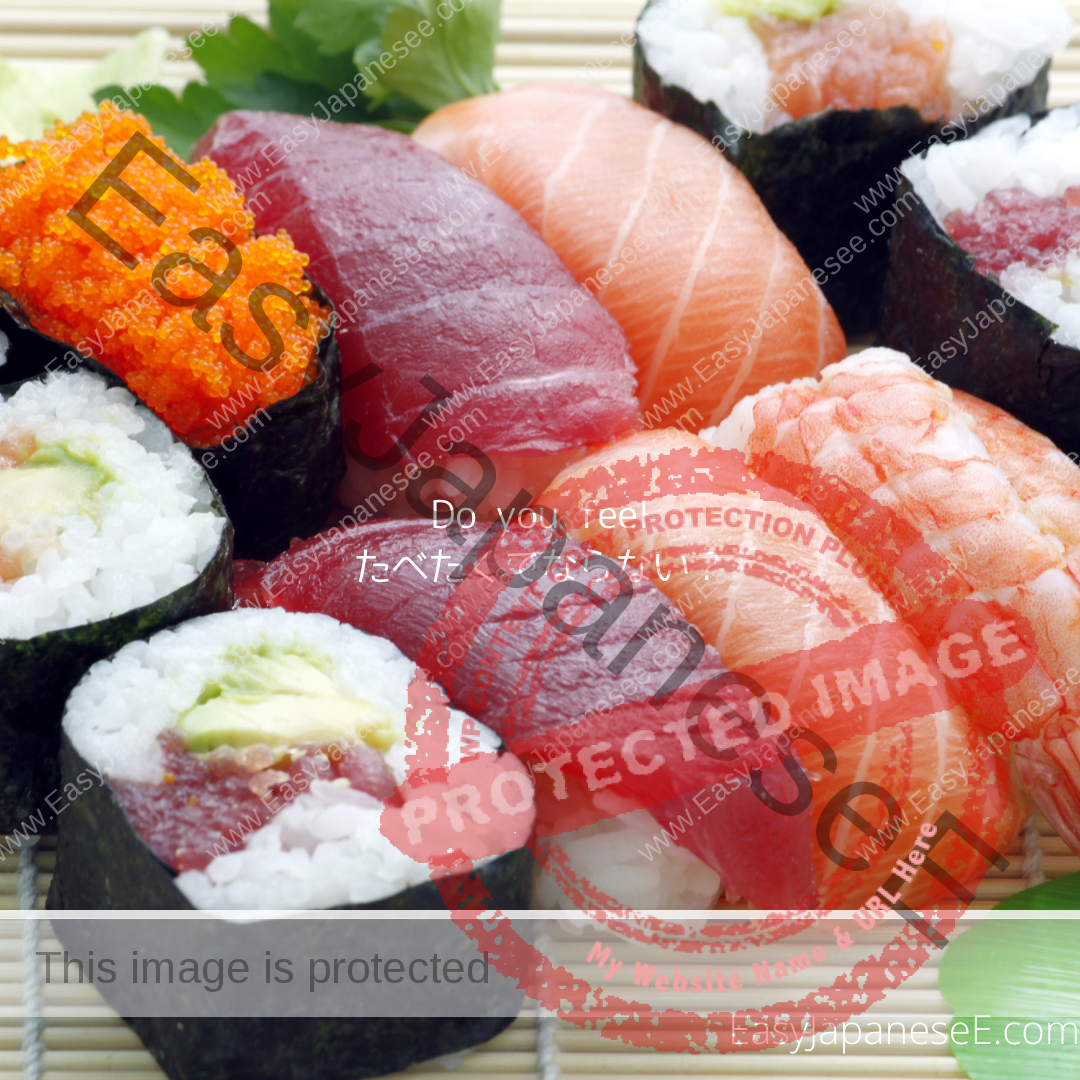
~てならない is used when you cannot help doing something because you have such a strong feeling or the situation is so compelling.

~ている場合じゃない is used when you want to urge somebody else (or yourself) to stop doing ~ (and to start doing something else). “It’s not the time to be doing ~.”

っけ? is a very casual way of asking a question to confirm something you vaguely remember. It is rare to use it in a written passage.

~だらけ is usually used in a negative concept meaning “full of something unwanted” or “covered with something undesirable.” Check the usage here.
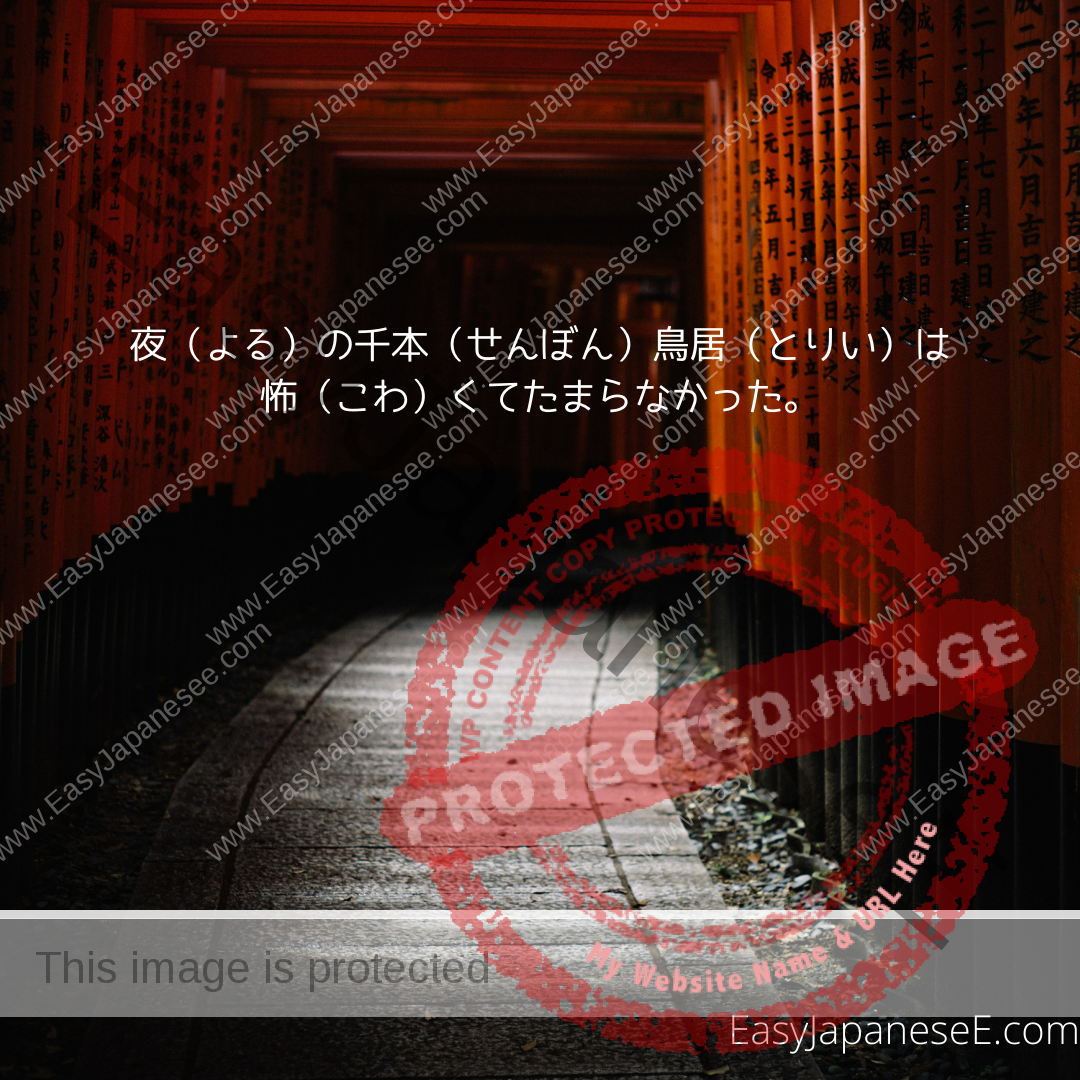
たまらない is used to describe something that is unbearable or irresistible. It is very often used with the てform of an adjective.
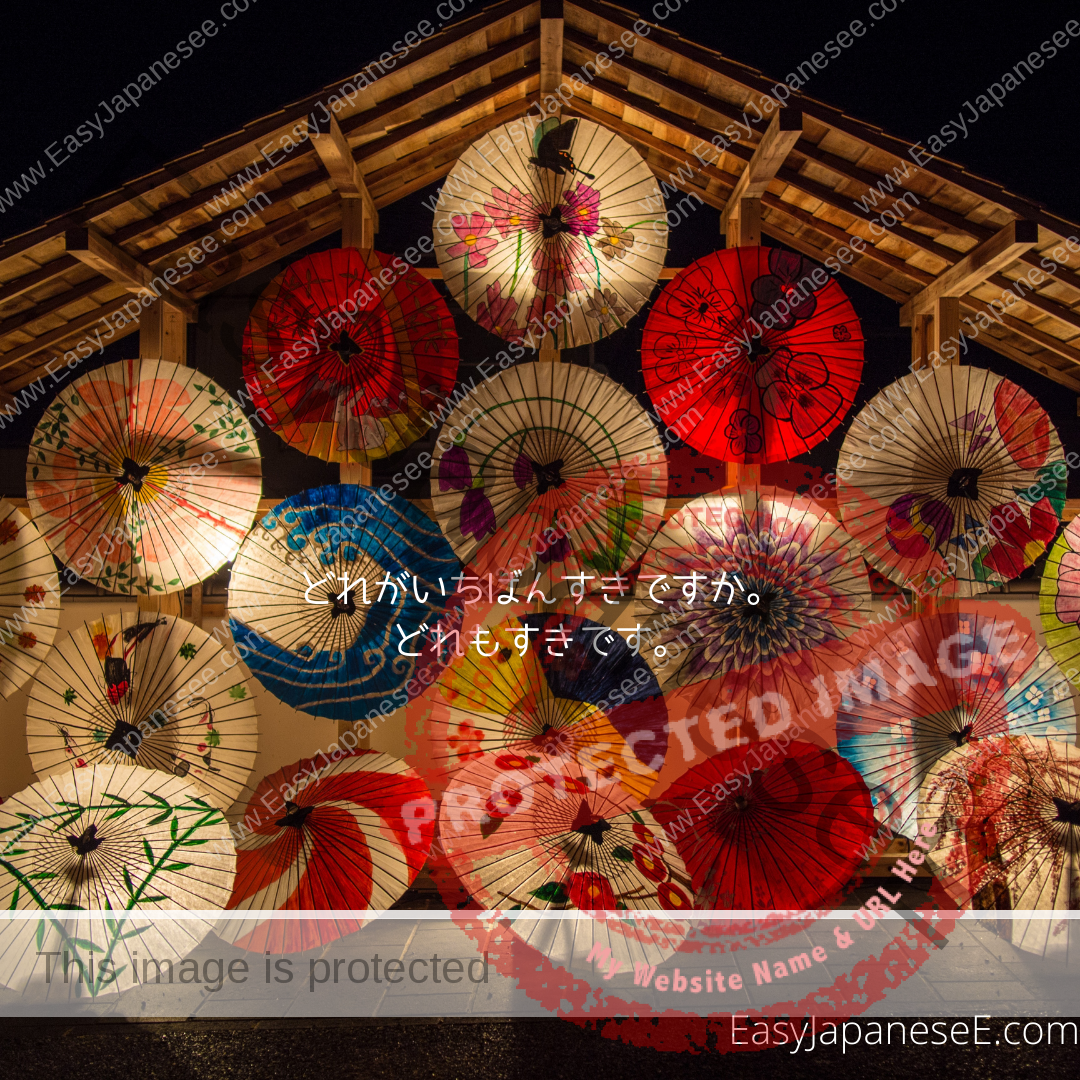
Adding か after a question word makes it an indefinite pronoun like “some…”. Adding も makes it “any…” but you need to be careful combining with a particle.

If you add か after question words, いつ、どこ、だれ、なに、なぜ、どう, いつか、どこか、だれか、なにか、なぜか、どうか become an indefinite pronoun, sometime, somewhere, someone, etc.
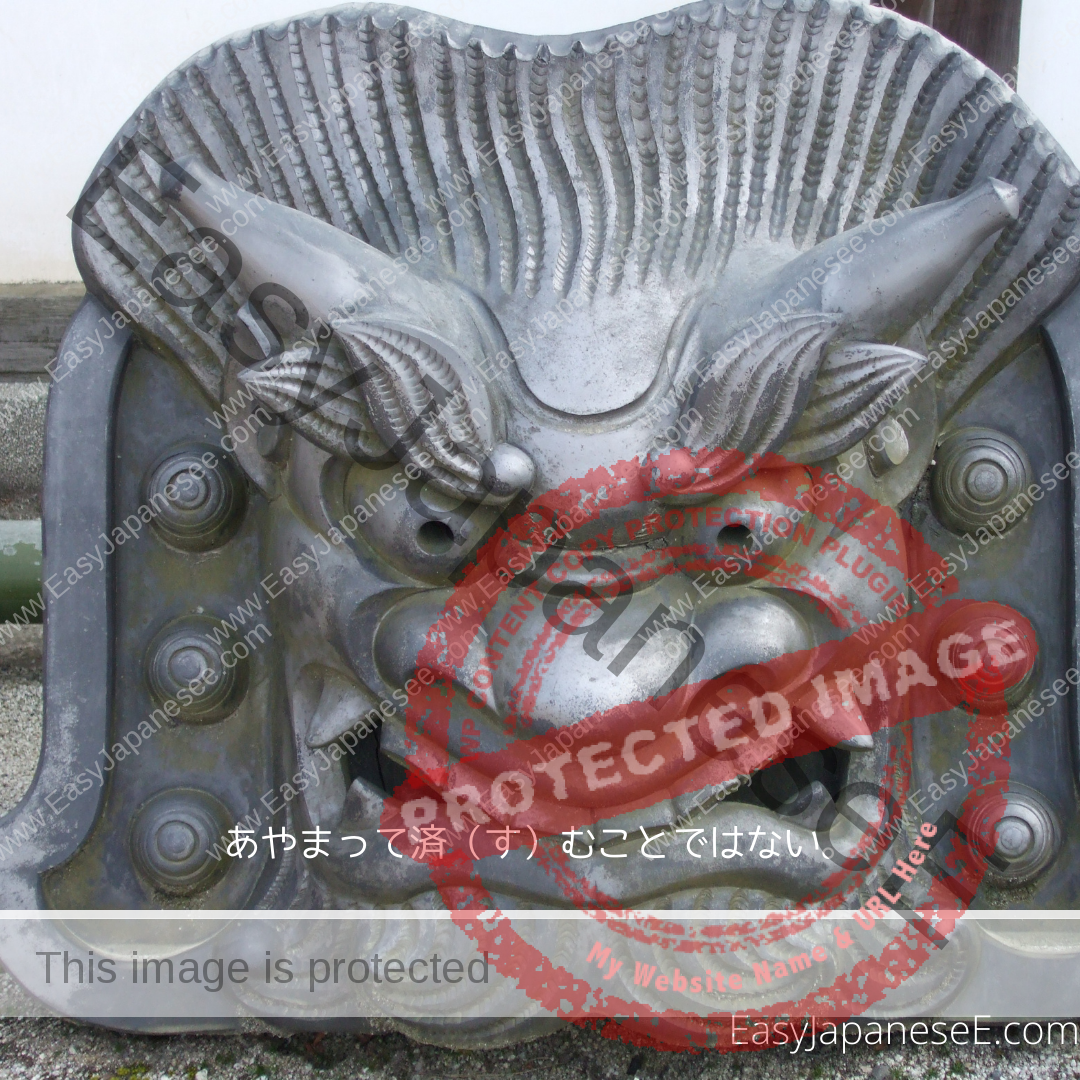
すむ(済む) has a few meanings but if it is used after a てform verb/adjective or a noun + で, ~て/で すむ means “to be settled with/by ~” or “~ is enough to…”
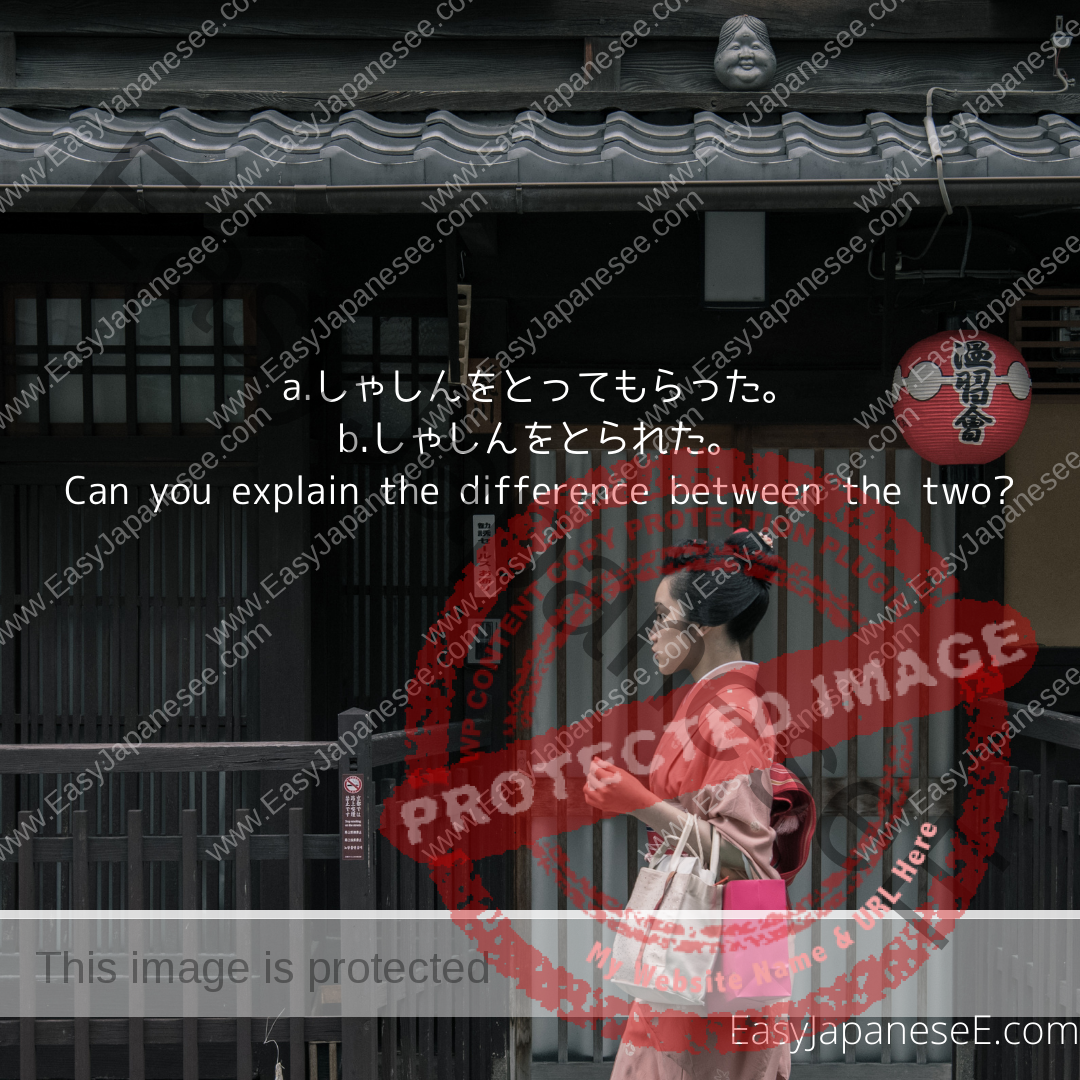
~-aれる/~られる is the passive form of a verb which is like “I was laughed at.” Japanese passive is quite different of that in English. Read the explanation here.
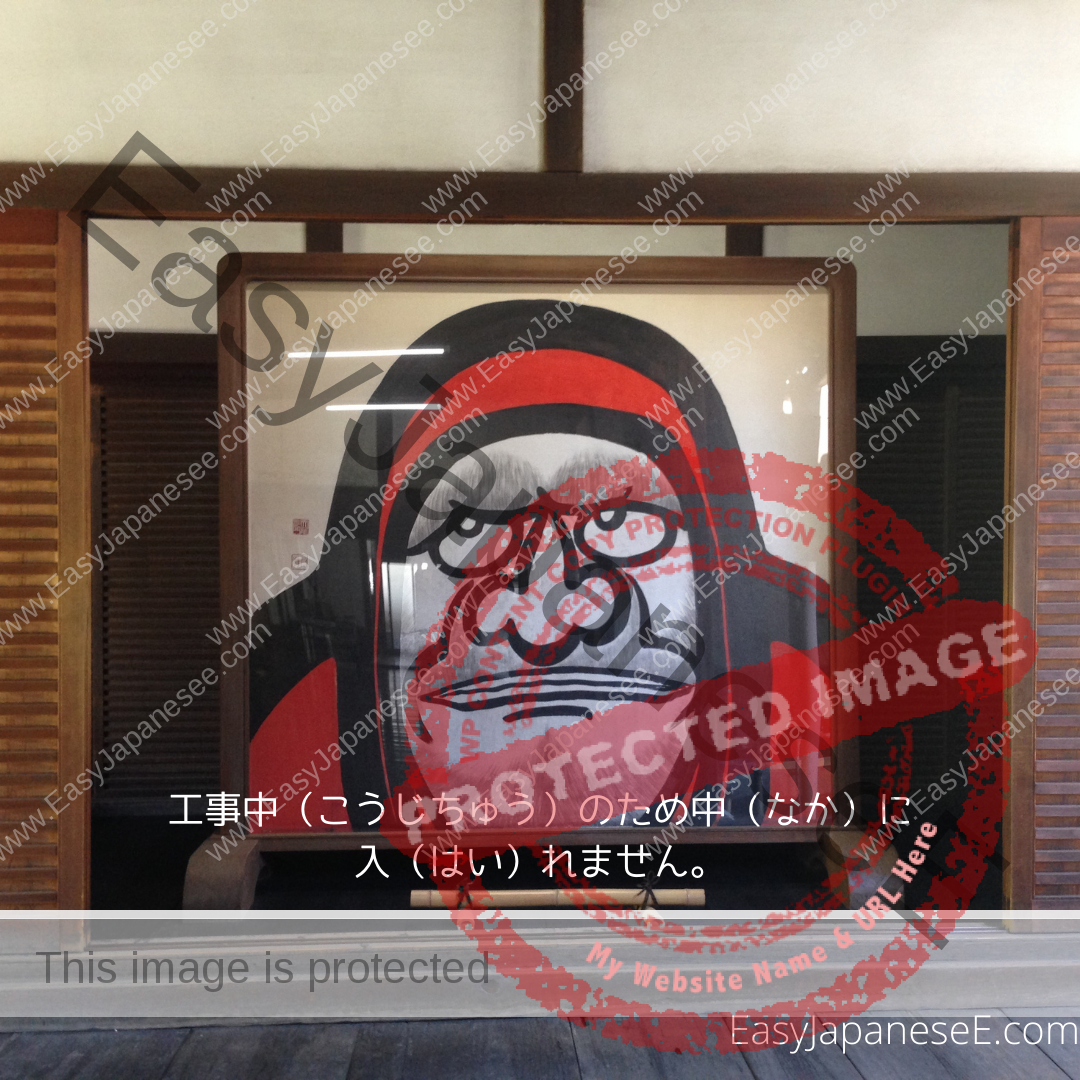
We have learned ~ため(に) to express a purpose before but today’s ~ため(に) is for describing a reason or cause. Check out examples here.

~たまえ is a rather old fashioned expression used for a request. I hear ~たまえ used in prayers often but I don’t hear it in everyday conversations very often.
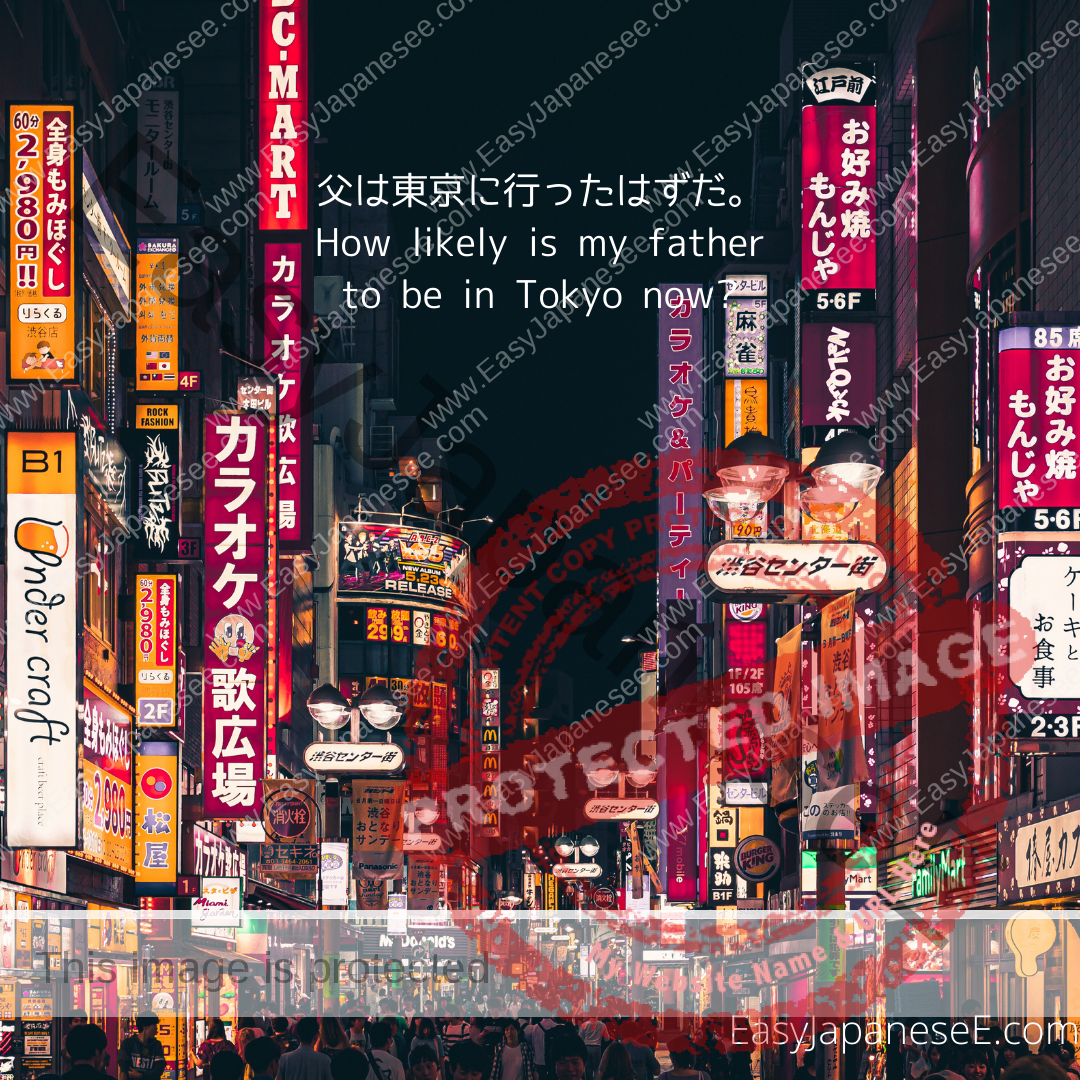
~たはず describes an action which should have taken place but actually didn’t and ~たはず often implies the speakers surprise or regret.
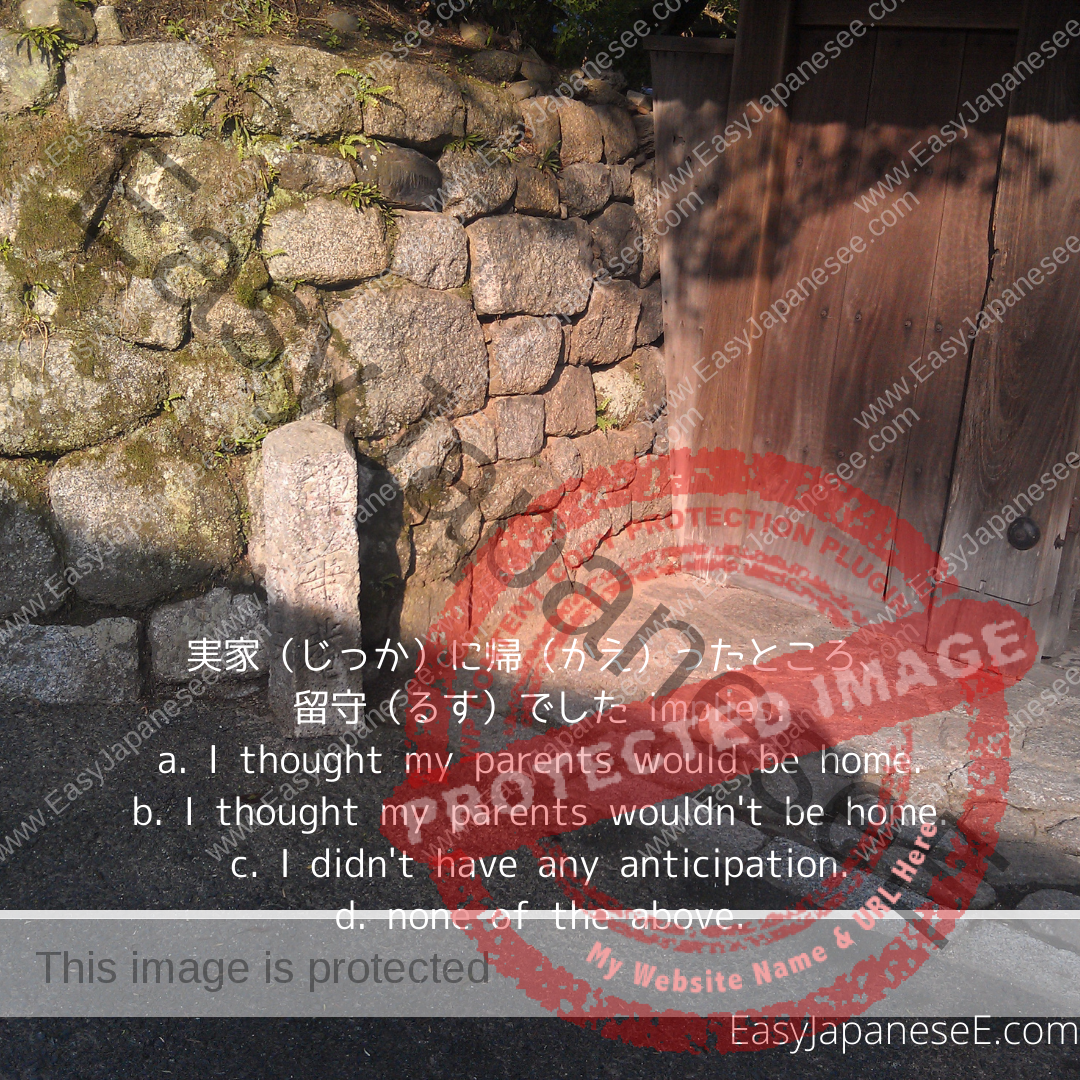
~たところ is an expression used to specify a time/occasion in the past when the speaker discovered something unexpected or contradictory to their anticipation.
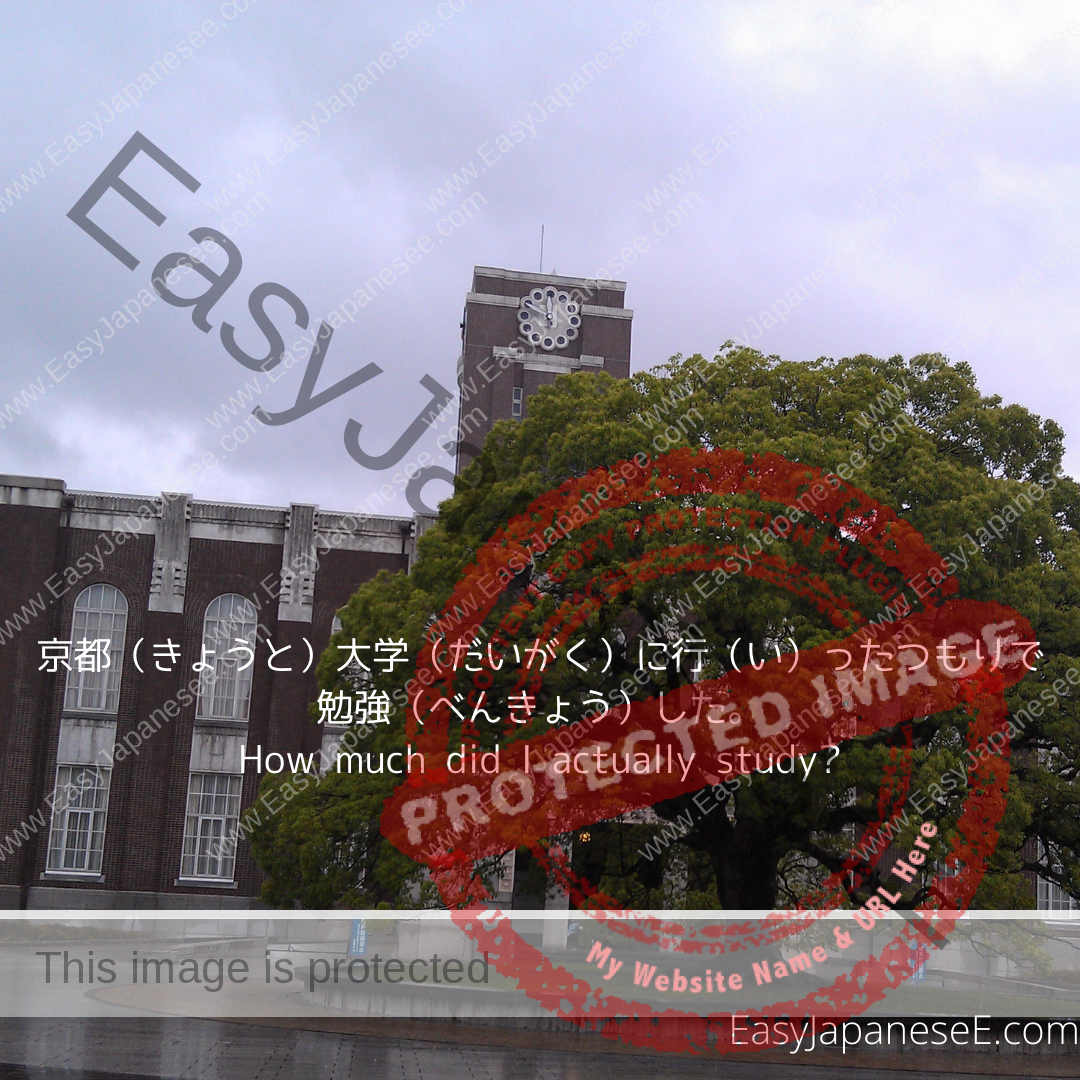
つもり means an “intention”, but if つもり is used with a past tense verb, ~たつもり can express an assumption or conviction which may not necessarily true or real.
